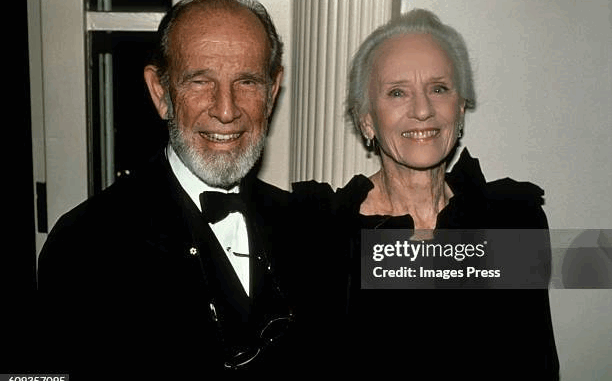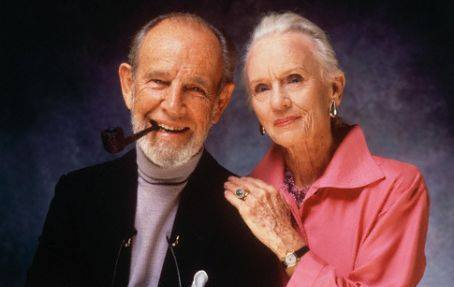
The Unexpected Spark in a Nursing Home
Ninny Threadgoode, the elderly woman Evelyn Couch meets at the Rose Hills nursing home, initially appears as a harmless chatterbox—amiable, slightly forgetful, and endlessly talkative. But what begins as small talk in a beige hallway turns into a life-altering bond. Ninny’s stories about the Whistle Stop Café, Idgie, Ruth, and the colorful town they lived in captivate Evelyn—and, by extension, the audience.
Ninny becomes far more than a lonely woman reminiscing. She is a storyteller with a mission. Through her tales, she brings a forgotten world to life and offers Evelyn a map to transformation. But perhaps more profoundly, Ninny reminds us that older women often carry the deepest, most urgent truths.
The Narrative Conduit
The structure of Fried Green Tomatoes relies entirely on Ninny’s voice. She is not merely a character—she is the vessel through which the past breathes. Each time she speaks, time folds inward. The decades between Ruth’s illness and Evelyn’s depression dissolve, and what we’re left with is a shared emotional terrain—grief, love, rebellion, healing.
Ninny doesn’t just tell Evelyn about Idgie and Ruth—she invites her into their world. As she narrates, she’s not bound by chronology or logic. Her stories drift from tragedy to comedy to folklore with seamless ease, echoing the way memory actually works: selective, emotional, full of color and feeling.
Through her role as narrator, Ninny becomes the film’s emotional glue. Without her, Ruth and Idgie’s story would be lost to time. She safeguards it—not in books, but in breath.
A Life Lived in the Margins

As Ninny talks, we begin to understand that she’s not just an observer of the events she describes—she was part of them. Whether or not she is Idgie Threadgoode, as the film slyly implies, she certainly loved these people deeply.
She knows too much and cares too personally to be a distant relative. Her presence during key events—the café, Ruth’s illness, the barbecue incident—suggests that she was more than a bystander. But Ninny never confirms her identity outright. Instead, she allows Evelyn (and us) to draw our own conclusions.
This ambiguity enriches her character. Ninny doesn’t want credit or glory. What she wants is for these stories to survive—and for the lessons inside them to resonate with someone who needs them.
Friendship as Redemption
The bond between Ninny and Evelyn is as central to the film as any romantic relationship. It’s rare in cinema to see two women—particularly one in her 80s and one in her 40s—develop a friendship that is life-changing for both.
For Evelyn, Ninny is a lifeline. She’s the first person in a long time who sees her—who listens without judgment and encourages her to grow. For Ninny, Evelyn is a way to pass something on. She becomes her legacy, her companion, and her surrogate family.
This mutual healing is one of the film’s most beautiful elements. It’s not built on shared background or similar age, but on emotional honesty. Ninny teaches Evelyn how to fight, how to laugh, and how to remember that life can begin again—even when it feels like it’s over.
The Keeper of Female Histories
Ninny’s stories don’t just chronicle events—they preserve lives. In a time and place where women’s stories were rarely recorded, she becomes an oral historian. Her words honor people who would otherwise be forgotten: Sipsey, Big George, Smokey Lonesome, and of course, Ruth and Idgie.
She doesn’t sensationalize or sanitize. She tells of abuse, racism, injustice, and resistance with clarity and compassion. Ninny’s storytelling becomes a radical act of preservation, especially for those on the margins. Her stories give dignity to the silenced.
In this way, Ninny functions like the griots of African oral tradition or the grandmothers of myth who pass wisdom through generations. She is memory incarnate.
A Woman Outside of Time
Despite being in a nursing home—a space often associated with decay and endings—Ninny is vividly alive. Her mind roams through decades, her laughter is contagious, and her eyes glint with mischief. She is not portrayed as a passive elder but as a force of vitality.
Even as she tells stories of death and loss, Ninny’s presence is full of life. Her refusal to be reduced to an “old woman in a wheelchair” defies expectations. She is a reminder that age does not diminish relevance. In fact, her age amplifies it. She has lived long enough to know what matters.
Ninny’s power lies in her perspective. She has lost people she loved, outlived her family, and ended up in a place where few care to listen. And still, she chooses to speak.
A Final Gift
At the film’s end, Evelyn discovers that Ninny has no family and no home to return to. Without hesitation, Evelyn offers her a place to live. But in truth, Ninny had already given her something far more permanent—a reimagined self.
Ninny’s stories didn’t just entertain. They gave Evelyn courage. Gave her Ruth’s gentleness, Idgie’s fire, and Sipsey’s fearlessness. Through memory, Ninny resurrected a lost world and helped a modern woman live more fully.
Whether or not Ninny is Idgie is irrelevant. What matters is that her love—her legacy—lives on.
Conclusion: The Power of a Story Well Told
Ninny Threadgoode is the guardian of Fried Green Tomatoes’ soul. She is the voice that carries us across time, the hand that guides Evelyn toward freedom, and the heart that refuses to let anyone be forgotten.
In a world that devalues age, she affirms its wisdom. In a society that buries women’s stories, she unearths them and plants them in fertile soil. And in a film filled with bold acts and quiet rebellions, hers is the rebellion of memory—of insisting that the past still has something to teach.
Through Ninny, we remember. And in remembering, we are changed.
